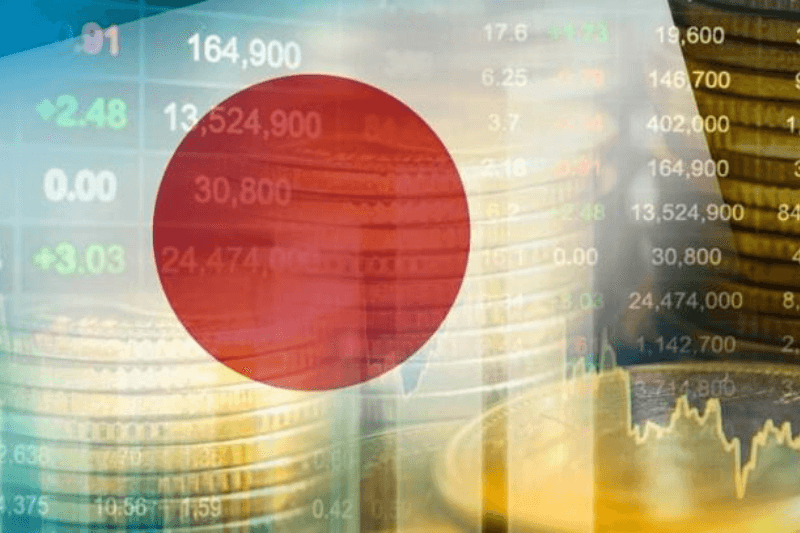
Japan Recession: What Does It Mean for the World’s Third Largest Economy?
In the recent economic landscape, Japan, once a powerhouse, is grappling with unexpected challenges, slipping into a recessionary phase. This significant downturn in Japan’s economy not only impacts the nation itself but also sends ripples across the global economic spectrum. Here’s a closer look at the implications of Japan’s recession:
Understanding the Economic Downturn
Japan’s gross domestic product (GDP) witnessed an annualized decline of 0.4% in the October-December period, marking the second consecutive quarter of contraction, a clear sign of a technical recession. This downturn is fueled by various factors, including weakened consumption, sluggish production, and disruptions in global supply chains.
Factors Contributing to Recession
Analysts point to several factors exacerbating Japan’s economic woes, including weakened demand from China, production halts at major corporations like Toyota, and subdued consumer spending. These challenges underscore the fragile nature of Japan’s economic recovery efforts amidst a volatile global economic landscape.
The recession poses a significant challenge to the Bank of Japan (BOJ), raising doubts about the timeline for exiting its ultra-loose monetary policy. With stagnant wage growth and tepid consumption, the BOJ faces mounting pressure to reassess its monetary stimulus measures and chart a path towards sustainable economic growth.
Keep Reading
As the world’s third-largest economy, Japan’s recession reverberates globally, affecting trade dynamics, investor sentiments, and economic stability. The implications extend beyond Japan’s borders, influencing international financial markets and shaping global economic trends.
Future Outlook
While the road to recovery may be fraught with challenges, Japan remains resilient, with policymakers and businesses working towards revitalizing the economy. However, uncertainties loom large, and navigating through these turbulent times requires concerted efforts from all stakeholders.
Japan’s descent into recession underscores the complex interplay of economic forces in an increasingly interconnected world. As policymakers, businesses, and individuals grapple with the aftermath of this downturn, fostering resilience and adaptability becomes paramount in shaping Japan’s economic future and mitigating global repercussions.




